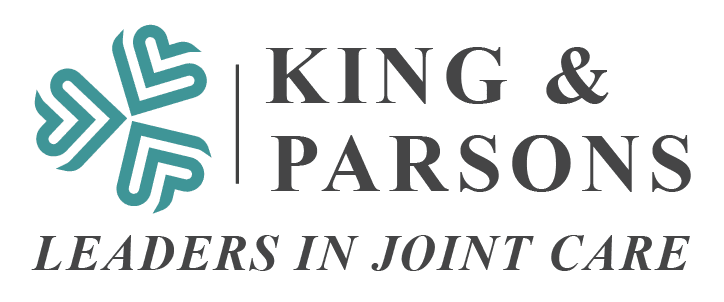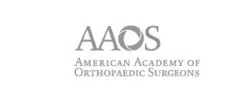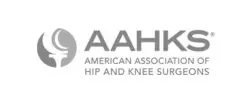Undergoing joint replacement surgery is a significant life-changing event, and the road to recovery can be challenging. While surgical techniques and post-operative care have improved over the years, one often overlooked but critical aspect of the recovery process is nutrition. Proper nutrition plays a pivotal role in healing and rehabilitation after joint replacement surgery. In this blog, we will explore the top five reasons why nutrition is an essential element of recovery from joint replacement surgery.
- Tissue Repair and Regeneration: Joint replacement surgery involves the removal of damaged or deteriorated joint components and the insertion of prosthetic ones. This procedure is traumatic to the body, and proper nutrition is crucial for tissue repair and regeneration. Nutrients such as protein, vitamins, and minerals are essential for the production of collagen, the building block of connective tissues, and the synthesis of new cells. Adequate protein intake helps in the healing of incisions and the formation of new joint tissues, aiding in a faster recovery.
- Immune System Support: After joint replacement surgery, the body’s immune system may be compromised, making it more susceptible to infections. A well-balanced diet rich in vitamins and minerals, particularly vitamin C, vitamin D, zinc, and antioxidants, can help bolster the immune system. These nutrients play a critical role in the body’s ability to fight off infections and reduce the risk of complications during the recovery period.
- Inflammation Management: Inflammation is a natural response to surgery and is essential for the healing process. However, excessive or prolonged inflammation can lead to pain and delayed recovery. Certain foods, such as those high in omega-3 fatty acids (found in fatty fish like salmon and walnuts), can help reduce inflammation. Additionally, a diet rich in fruits and vegetables provides anti-inflammatory compounds that can aid in pain management and joint healing.
- Bone Health: Joint replacement surgery often involves the hip or knee, which are weight-bearing joints. Proper nutrition is essential for maintaining bone health and density, especially as you age. Calcium and vitamin D are vital for bone strength and can help prevent osteoporosis and related complications. Including dairy products, leafy greens, and fortified foods in your diet can promote strong bones and reduce the risk of fractures.
- Energy and Mobility: Recovery from joint replacement surgery can be physically demanding, and adequate nutrition provides the energy needed to regain mobility and strength. A balanced diet with an appropriate calorie intake ensures that you have the energy to participate in physical therapy and rehabilitation exercises. Nutrient-rich foods provide the necessary fuel for muscle rebuilding, helping you regain your mobility and independence more quickly.
In summary, nutrition plays a crucial role in the recovery process after joint replacement surgery. A well-balanced diet not only supports tissue repair, immune system function, and inflammation management but also contributes to bone health and overall energy levels. Patients should work closely with healthcare professionals to create a personalized nutrition plan tailored to their specific needs and recovery goals. By prioritizing nutrition as an integral element of post-operative care, individuals can enhance their chances of a successful and smooth recovery after joint replacement surgery.
To learn more about our A.V.A.T.A.R program, here.
See what our past patients are saying, here.















